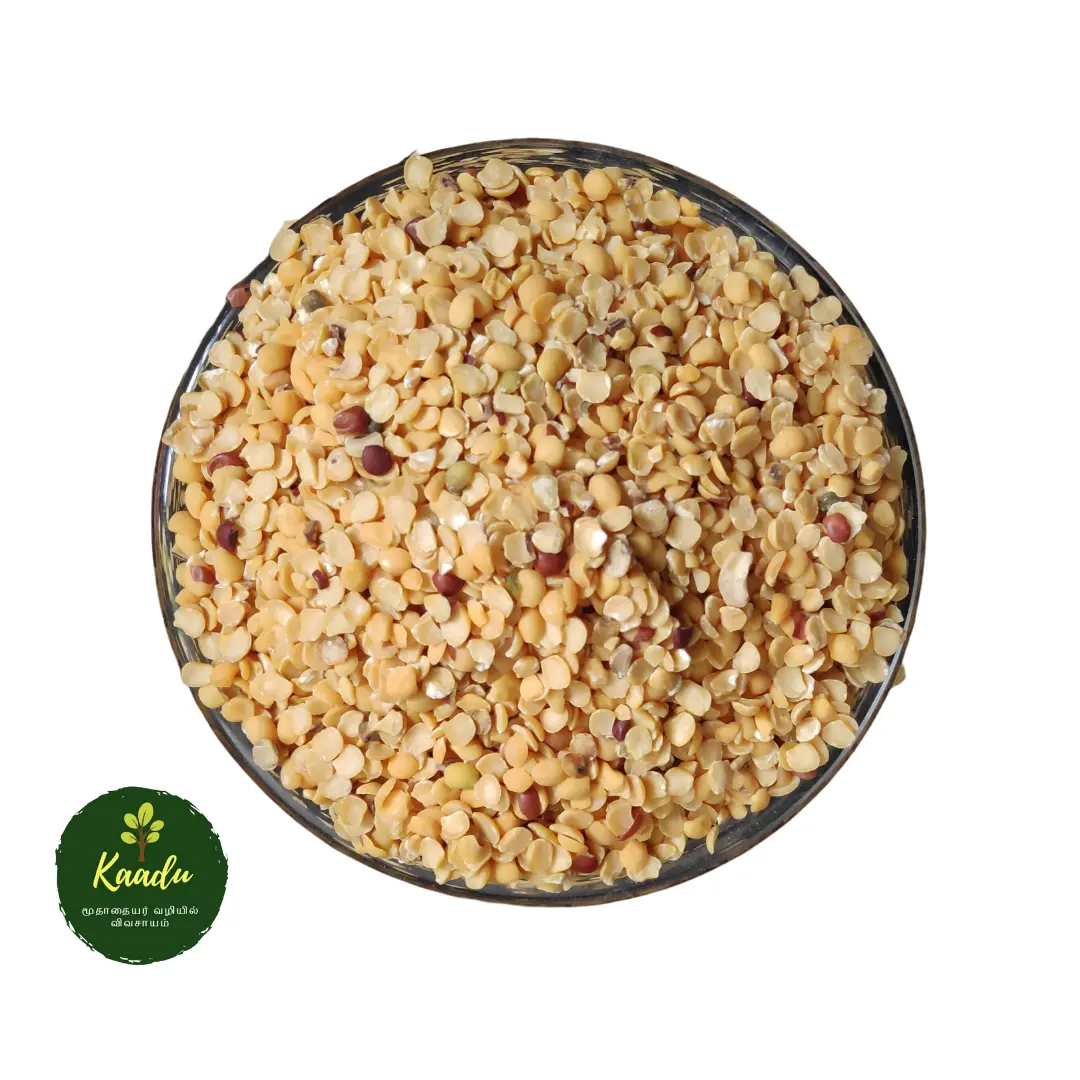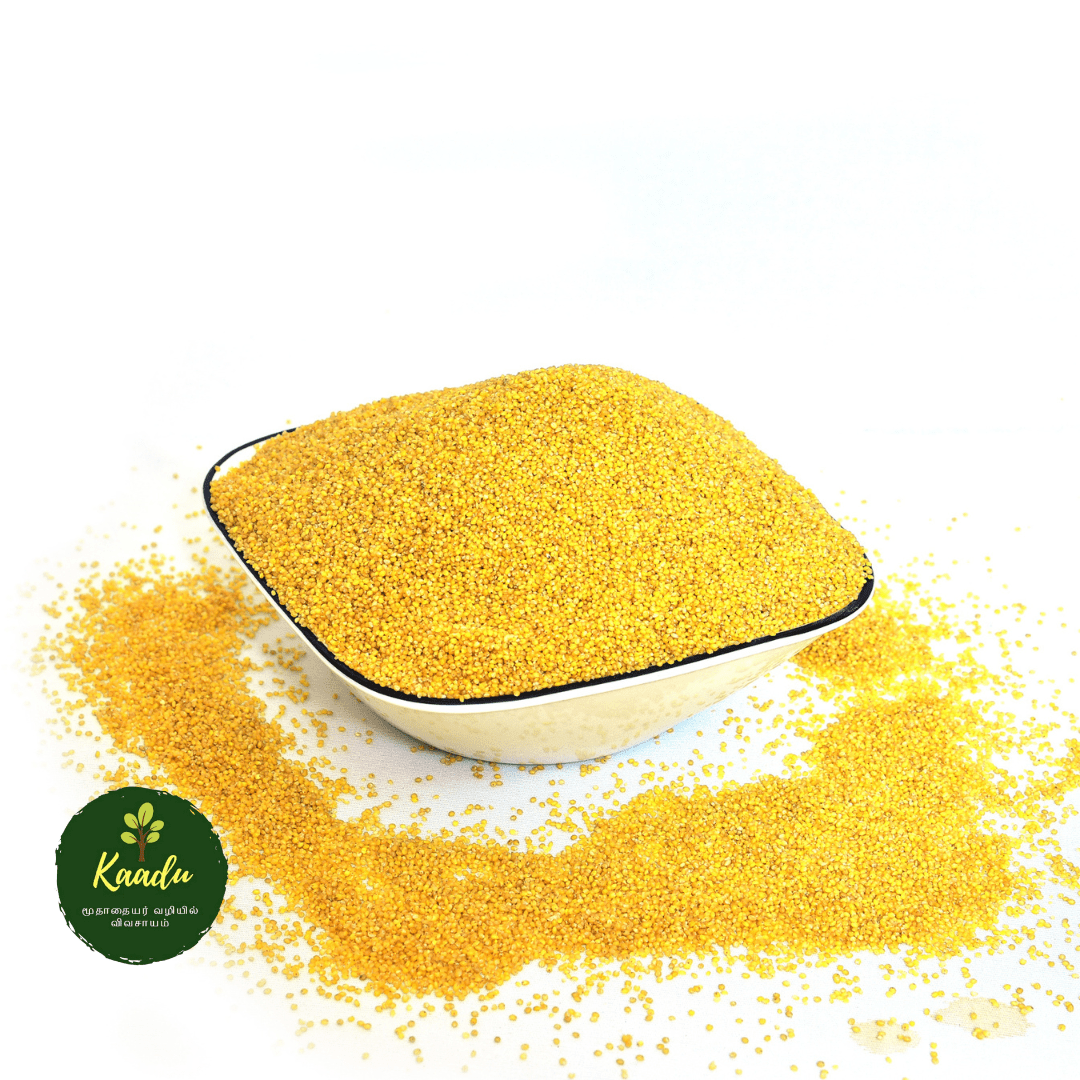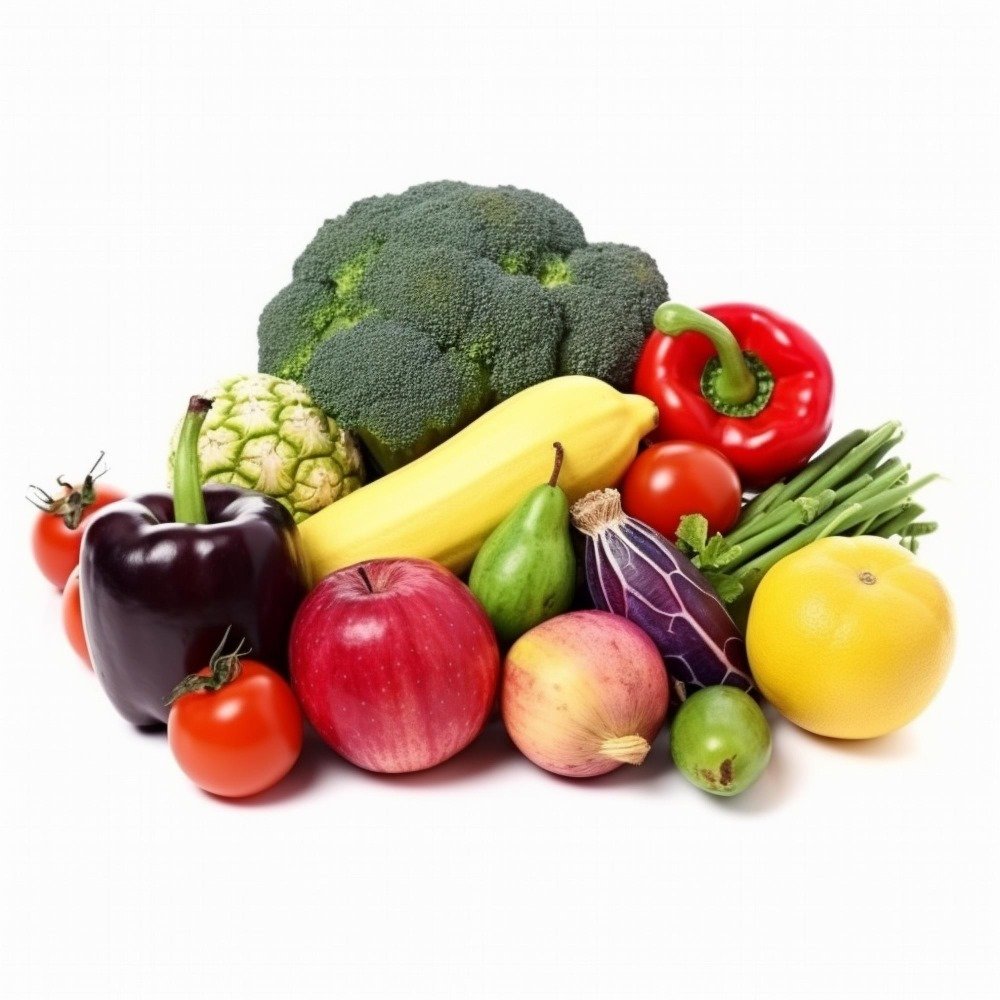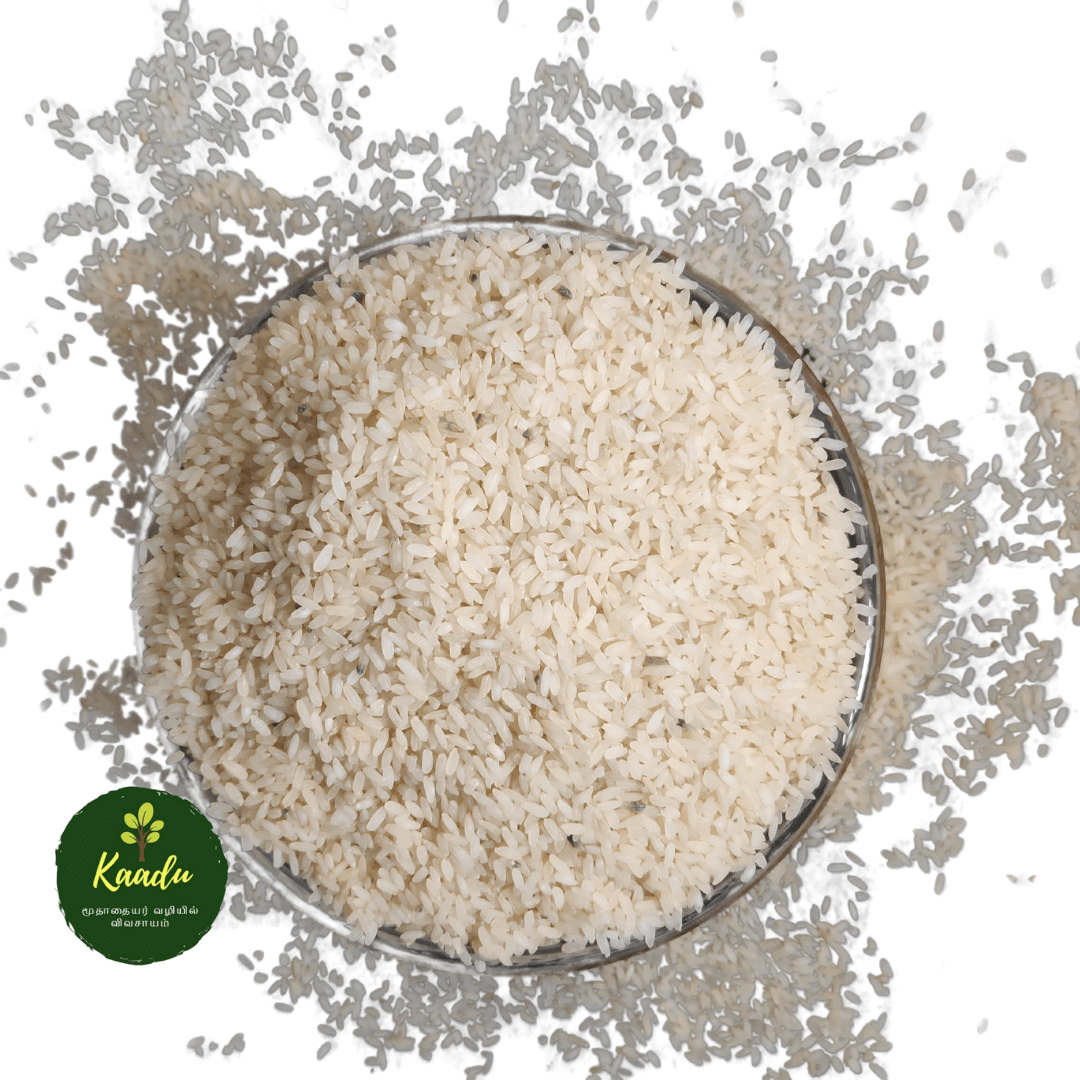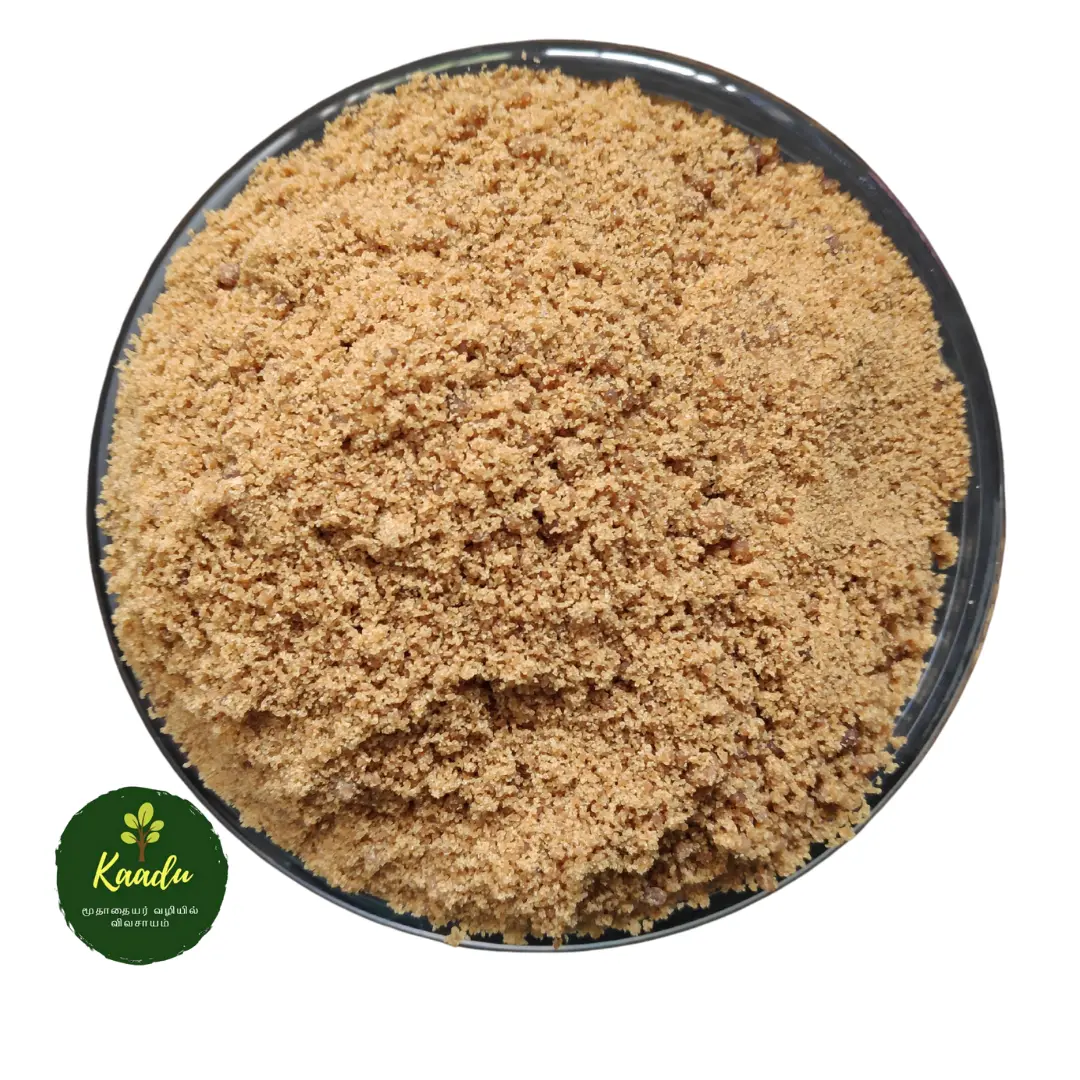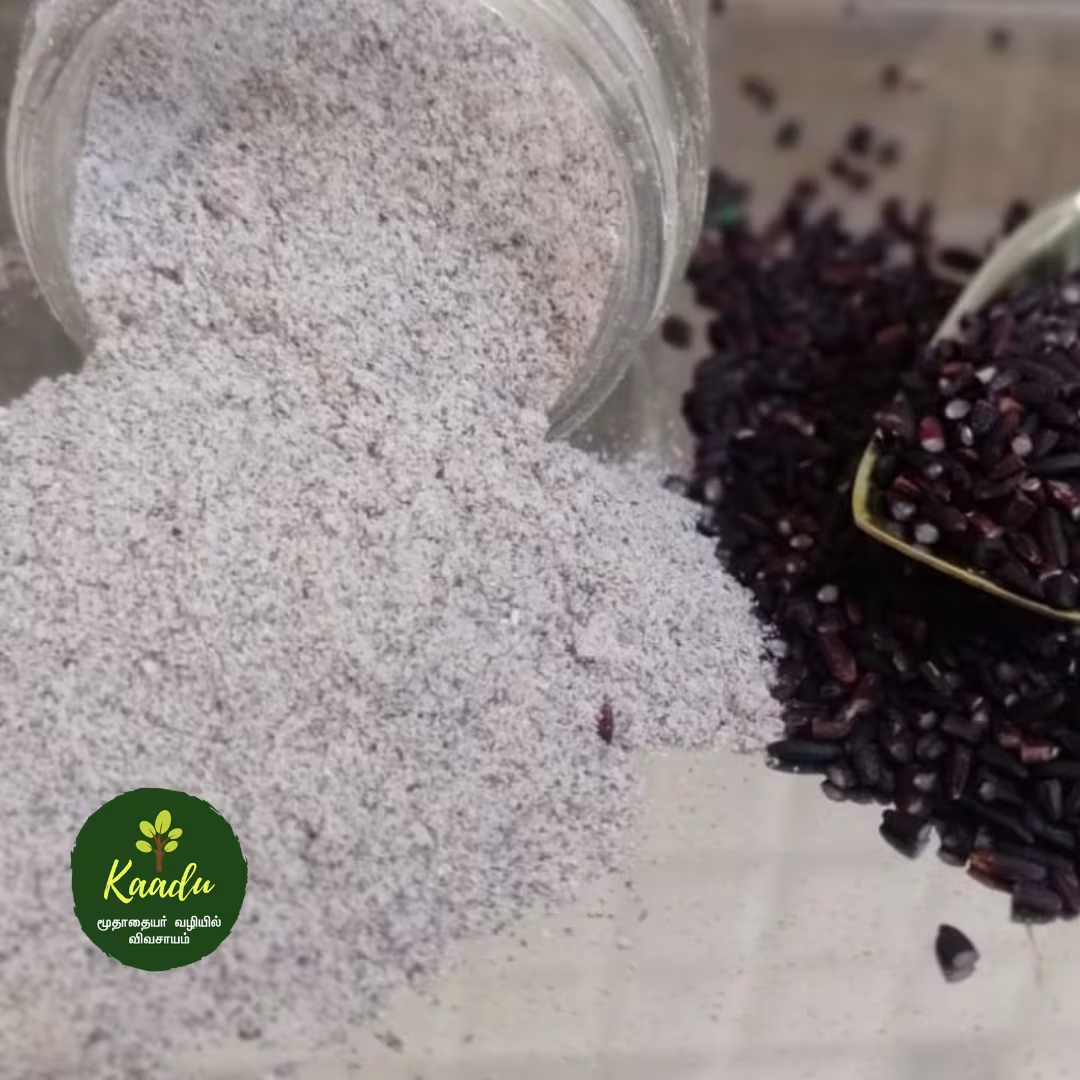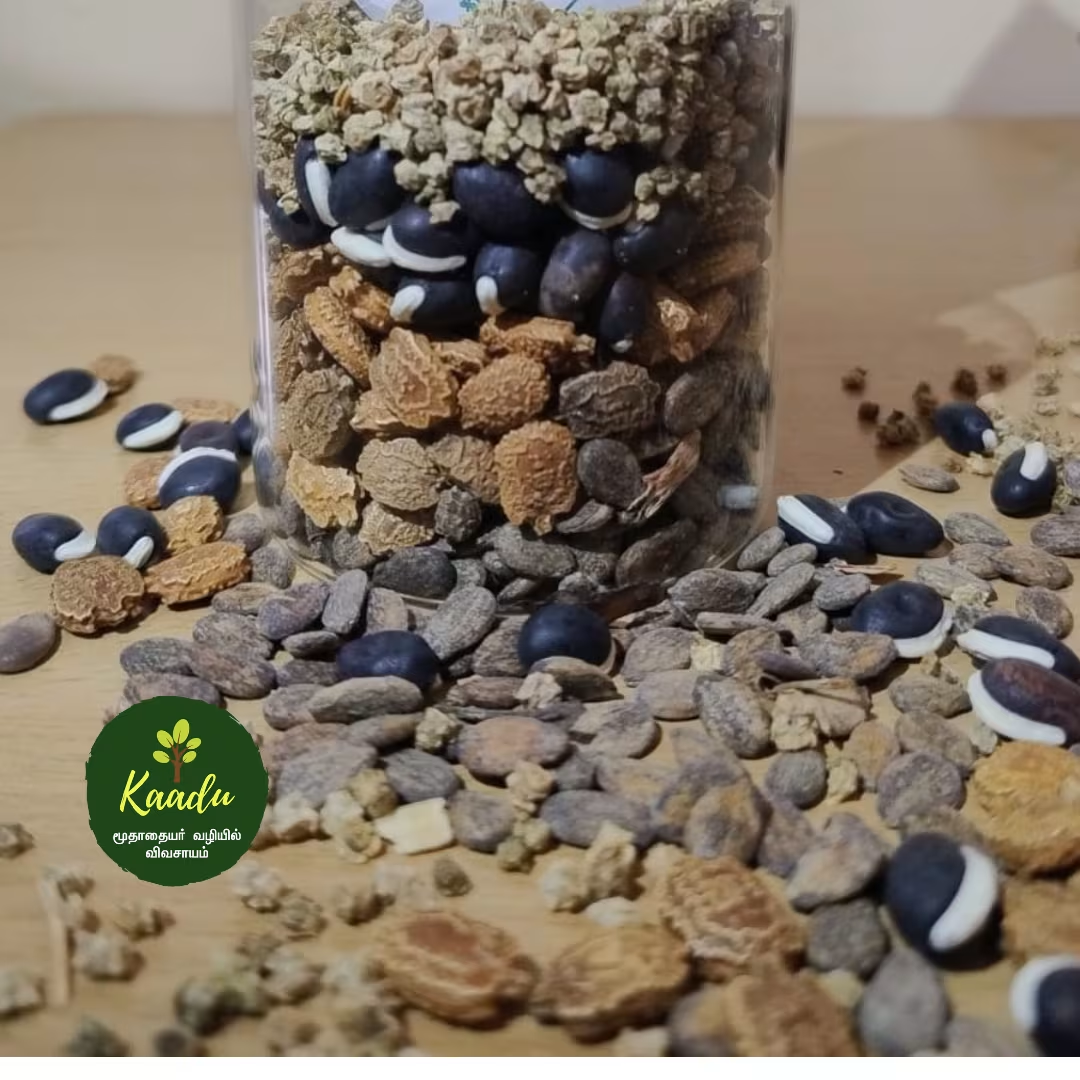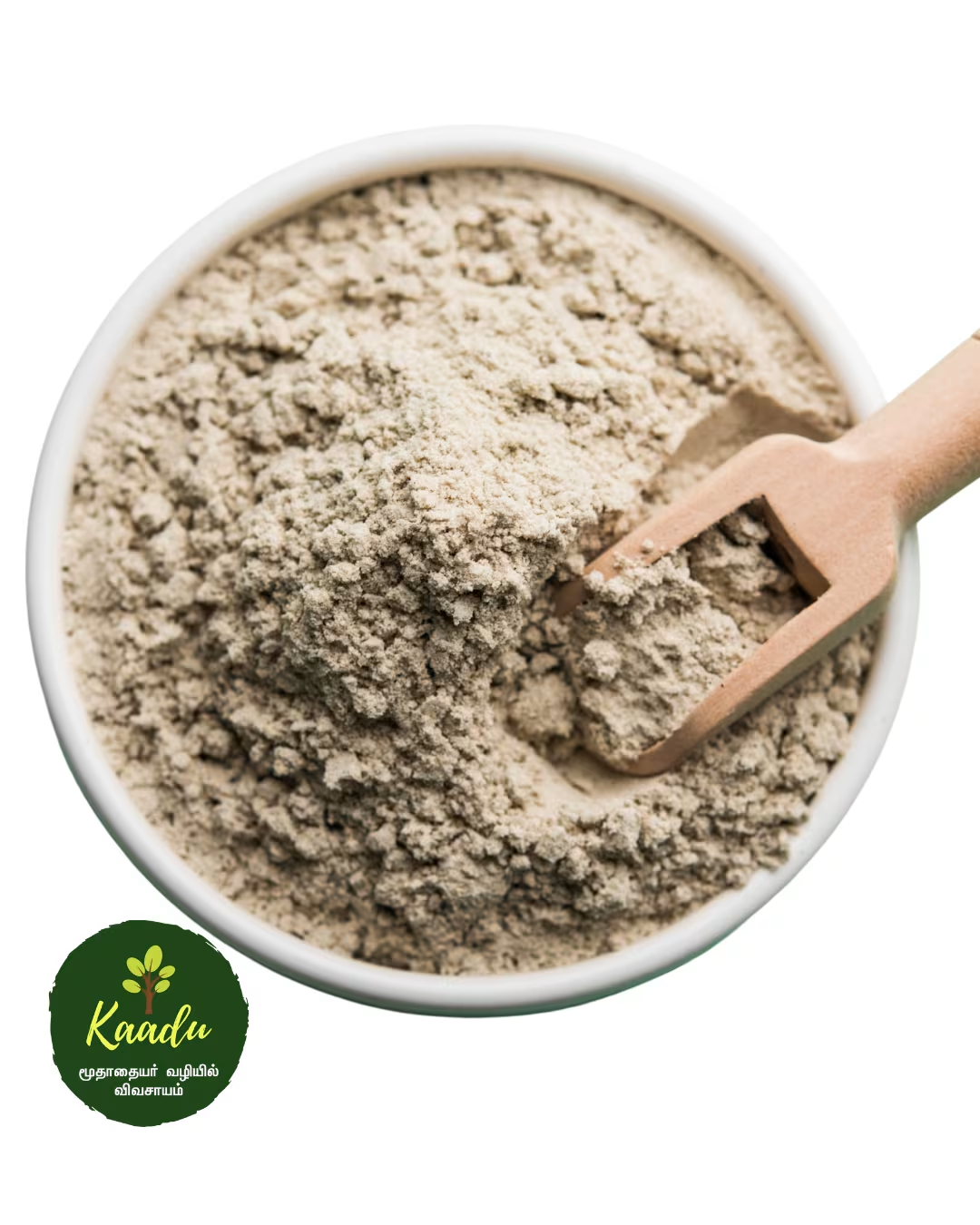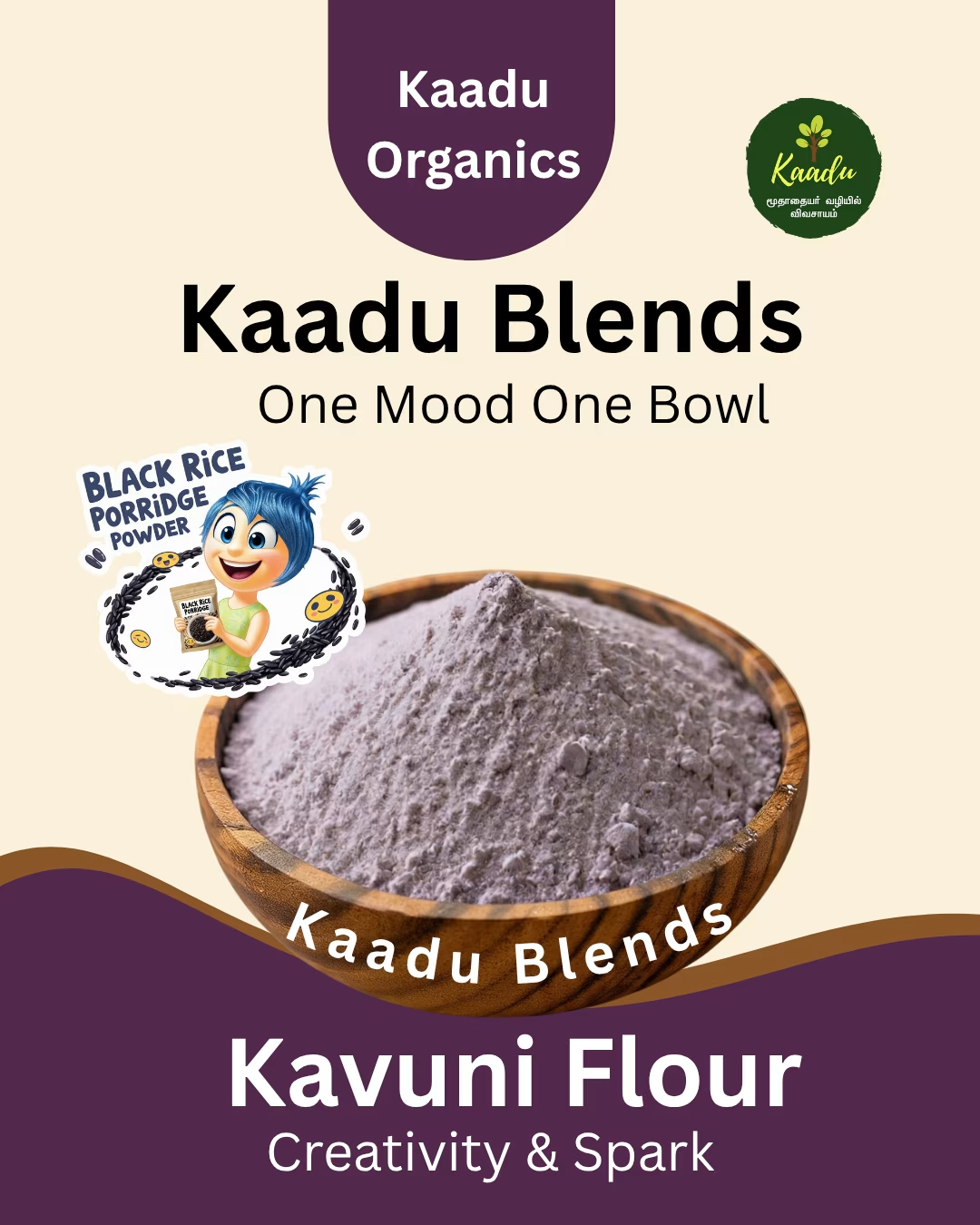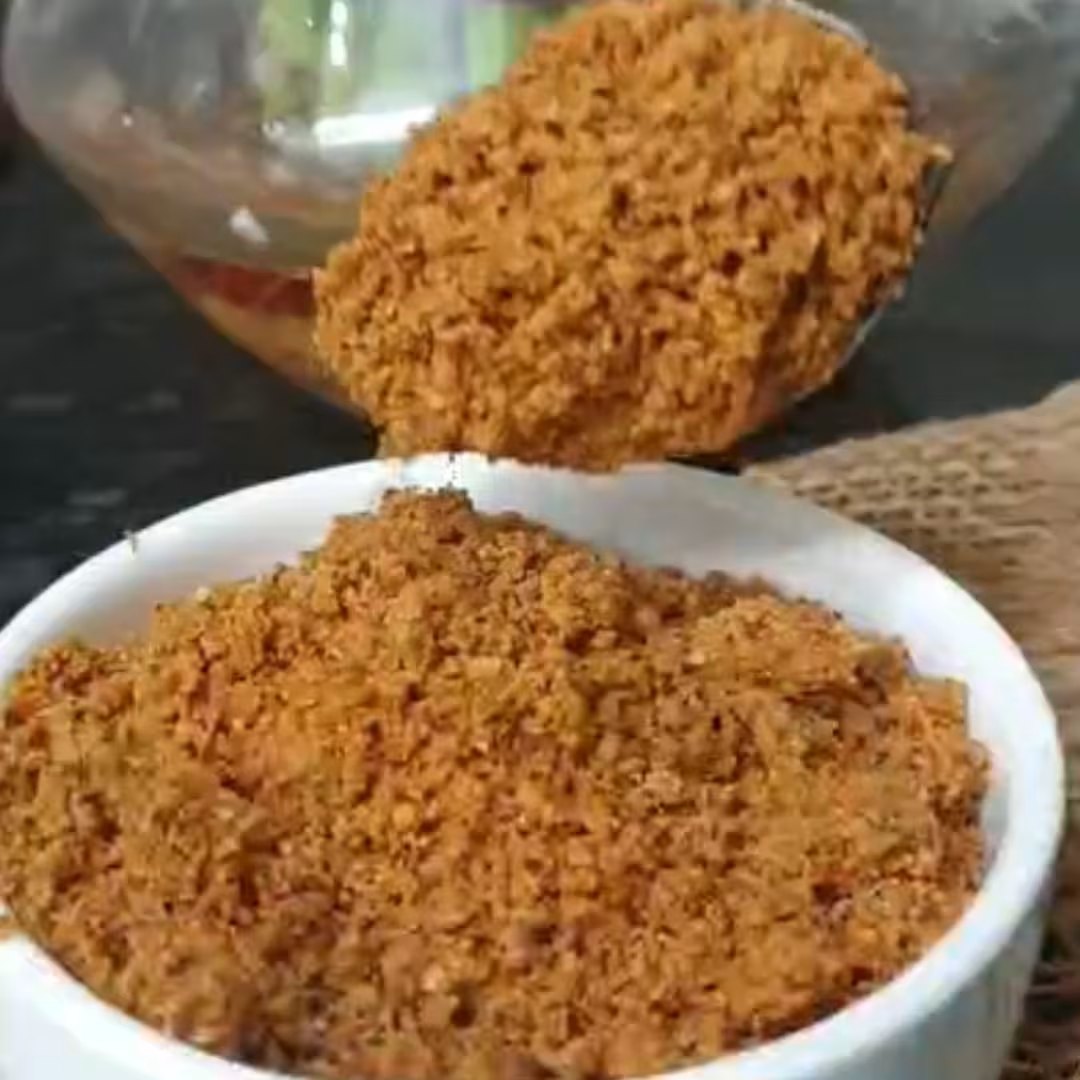Farming has been the backbone of human civilization since the beginning of time. It has provided us with the food and raw materials we need to survive and has played a significant role in shaping our culture and society. However, the traditional farming practices that have sustained us for so long have come at a cost to the environment and human health. Unsustainable farming practices such as monoculture, heavy use of chemicals, and overgrazing have led to soil erosion, water pollution, and loss of biodiversity.
Sustainable farming practices prioritize the long-term health of the land, water, and wildlife, while also providing nutritious food for humans. These practices not only help mitigate the negative impacts of traditional farming but also promote a healthy and sustainable food system.
One of the core principles of sustainable farming is crop rotation and diversity. Crop rotation is the practice of planting different crops in the same area over time. This method helps to maintain soil health and fertility, reduce pests and diseases, and increase biodiversity. By rotating crops, farmers can reduce the buildup of pests and diseases that can occur when the same crop is planted repeatedly. Crop rotation can also help to replenish soil nutrients, reduce soil erosion, and improve water quality.
Diversity in crops is another essential aspect of sustainable farming. Growing a diverse range of crops helps to build a resilient agricultural system that is more adaptable to changes in weather and climate. Diversity can also improve soil health by promoting beneficial microorganisms, reducing soil-borne pests and diseases, and increasing nutrient cycling. In Kaadu Organics owned farm, they use multi-crop vegetable cultivation to have diversity. They grow Chillies, Small Onions, Radishes, and Turmeric in their bed at one go. During this, they ensure to see 2 harvests of Radish and Small onion. The same can be seen in this video Multi-Crop Vegetable Cultivation
Conservation tillage is another sustainable farming practice that helps to preserve soil health and reduce erosion. Conservation tillage involves reducing soil disturbance during planting and harvesting. This method helps to maintain soil structure, which can prevent erosion and improve water quality. By reducing soil disturbance, conservation tillage also helps to promote the growth of soil microorganisms that contribute to soil health.
Integrated pest management (IPM) is a strategy for managing pests that focuses on prevention, monitoring, and control. IPM is a sustainable approach that reduces the reliance on chemical pesticides, which can have negative impacts on the environment and human health. IPM uses a combination of techniques, such as crop rotation, natural predators, and trap crops, to reduce pest populations. By using multiple methods to control pests, IPM reduces the risk of pests developing resistance to pesticides and supports a healthy ecosystem.
Sustainable grazing and animal management practices prioritize the health and well-being of animals, as well as the land they graze on. This includes rotational grazing, providing access to fresh water and shade, and avoiding overgrazing, which can damage soil and reduce biodiversity. By managing grazing practices sustainably, farmers can promote healthy soil and pasture, reduce greenhouse gas emissions, and provide nutritious meat and dairy products.
The benefits of sustainable farming practices extend far beyond the environment. By supporting soil health and biodiversity, sustainable farming helps to create more resilient agricultural systems that can better adapt to changing environmental conditions. Additionally, sustainable farming practices can improve the nutritional quality of crops, which can have positive impacts on human health.
By reducing the use of synthetic fertilizers and pesticides, sustainable farming also helps to protect human health. Exposure to these chemicals can have adverse effects on human health, including increased risk of cancer, developmental delays, and neurological damage. By contrast, sustainable farming practices promote the use of natural inputs and reduce chemical exposure.
In conclusion, sustainable farming practices are essential for protecting both the environment and human health. By prioritizing the long-term health of the land, water, and wildlife, sustainable farming helps to create more resilient agricultural systems that can better adapt to changing environmental conditions. Additionally, by reducing the use of synthetic fertilizers and pesticides, sustainable farming practices help to protect human health. As consumers, we can support sustainable farming practices by choosing to purchase products from sustainable farms, supporting local food systems, and educating ourselves about the food we eat. To know more you can visit at https://kaaduorganics.com/



